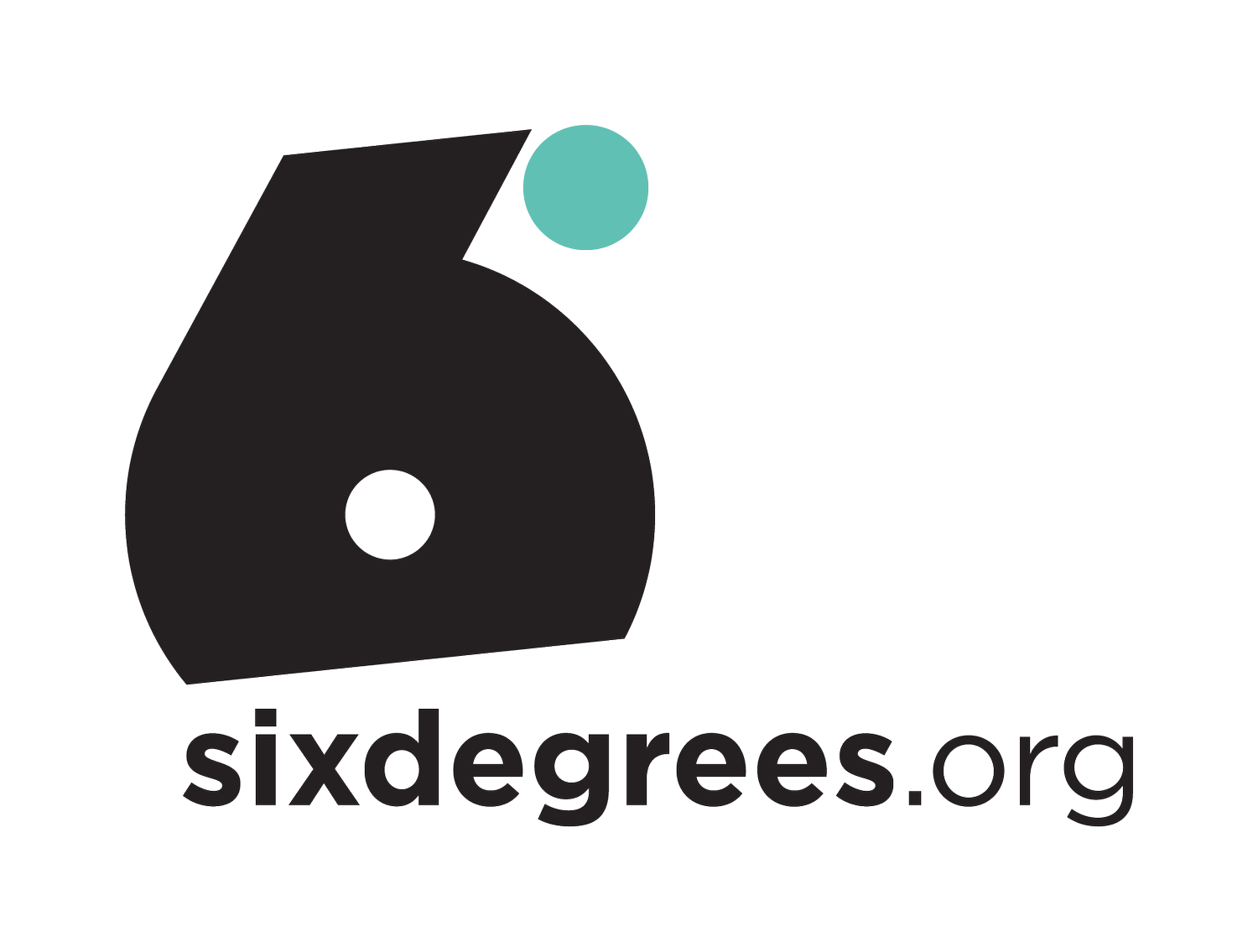#IGetIt: A Reflection on Collective Understanding
Every May, our social feeds flood with content for Mental Health Awareness Month. We're offered endless ways to engage in the conversation. From tips to statistics to personal stories. By the end of the month, one truth always echoes back: there’s no single “right” way to talk about mental health. What matters most is that we talk about it at all.
At SixDegrees.org, our work is rooted in one core value: connection. Anyone who knows us knows it’s more than a buzzword. It’s our blueprint. When we build anything, connection is the adhesive that binds everything together. So when we set out to create a national campaign for Mental Health Awareness Month, we knew it had to do more than just raise awareness. It had to make connection feel possible - especially for those who struggle to find it.
That’s how #IGetIt was born.
The Power of “I Get It”
Nursing scholar Theresa Wiseman identified four key attributes of empathy:
Perspective-taking
Staying out of judgment
Recognizing emotion in others
Communicating that recognition
At its core, “I get it” embodies these traits. It’s a simple phrase, but it communicates something huge: You are not alone. If we’re going off of Williams’ checklist, It also acknowledges emotion, rejects judgment, and meets someone right where they are.
Empathy doesn’t fix the problem. It sits in the struggle with you. It climbs down into the metaphorical hole you feel trapped in and says, “I see you. I’ll sit with you here. And we’ll get through this at your pace.” That’s when someone truly gets it. And that’s what we set out to create.
Connection in Action
Guided by that ethos, we connected with 13 mental health nonprofits doing boots-on-the-ground work. From veteran suicide prevention to clubhouse communities for individuals with serious mental illness (SMI), from children's mental health to OCD education to musician mental wellness - these organizations each serve a unique mission. Together, they form a dynamic network of care and compassion that the mental health world is beyond lucky to have.
Throughout May, our Executive Director Stacy Huston hosted four Impact Lounge conversations featuring leaders from these nonprofits. These conversations proved to be essential ones. We learned that one in five U.S. adults experience mental illness each year, yet over 50% do not receive treatment. Topics of these Impact Lounges ranged from the role of family in healing to the power of peer support, the intersection of creativity and care, and mental health on the frontlines. These roundtables weren’t just informative. They were a reminder that when changemakers gather (even virtually), connection multiplies, and momentum builds.
All Impact Lounge recordings are available on our YouTube channel.
Making “I Get It” Real
On social media, we turned the spotlight to our network partner organizations, sharing their missions and their interpretations of what “I get it” means. We also launched limited-edition #IGetIt t-shirts, proudly worn by the SixDegrees.org team in an uplifting video. “Healing starts with being heard,” the narrator says - capturing the spirit of the campaign in a single line.
We also compiled an extensive #IGetIt Resource Guide with over 100 curated tools including books, podcasts, influencers, national helplines, and more. It’s been downloaded more than 250 times so far, proving the desire for accessible mental health support.
Through generous partnerships with Calm and BetterHelp, we were able to go one step further:
Calm offered 250 free 1-year subscriptions to their app which includes guided meditations and sleep stories.
BetterHelp provided 500 three-month therapy vouchers.
Anyone who downloaded our guide could opt in to receive these powerful, often cost-prohibitive tools, removing financial barriers to mental wellness.
What We Learned
SixDegrees.org is not a mental health organization. But we are a connector. And in that role, we have the power to amplify voices, bridge gaps, and elevate life-changing work.
#IGetIt showed us what happens when connection leads the way.
It reminded us that impact doesn’t always start with a solution. Most of the time in mental health and wellness, solutions are not a priority in times of crisis. Instead, it starts with a conversation.
A gesture. A “me too.” An “I get it.”
Because when someone feels understood, hope has a way in.
And that’s what connection does - it opens a door.

